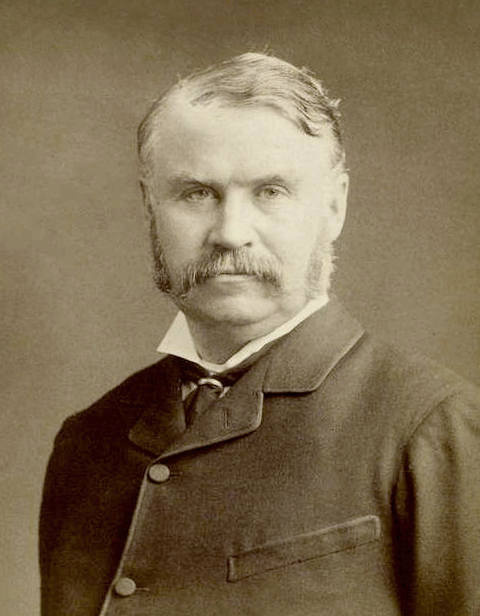W.S. Gilbert: He was an Englishman
Ian Bradley examines the achievements of the surprisingly radical Victorian dramatist and librettist who, in collaboration with the composer Arthur Sullivan, created classic satires of English national identity.

Jonathan Miller’s dismissive comment in a Sky Arts television documentary about ‘UKIP [the anti-EU UK Independence Party] set to music’ sums up a prevailing feeling about the works of Gilbert and Sullivan that is shared by many academic historians. David Cannadine writes in similar vein in his book In Churchill’s Shadow (2004) that ‘the Savoy operas were a paean of praise to national pride and to the established order’. W.S. Gilbert, who died a hundred years ago this month on May 29th, 1911, is generally viewed as a crusty Victorian gentleman exhibiting in acute form the typical prejudices of his age and class, notably complacency, misogyny and xenophobia.





![‘Scientific Researches! New Discoveries in Pneumaticks! [sic] or an Experimental Lecture on the Powers of Air, May 23, 1802’, by James Gillray. Minneapolis Institute of Art. Public Domain.](/sites/default/files/styles/teaser_list/public/2025-03/lecture_history_today_0.jpg?itok=mHN_obPV)